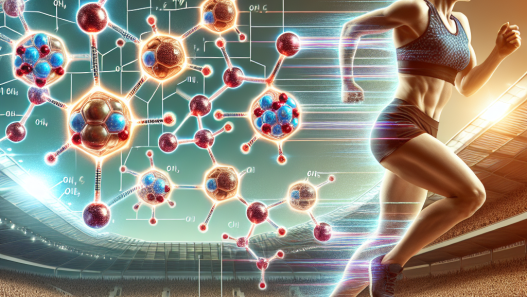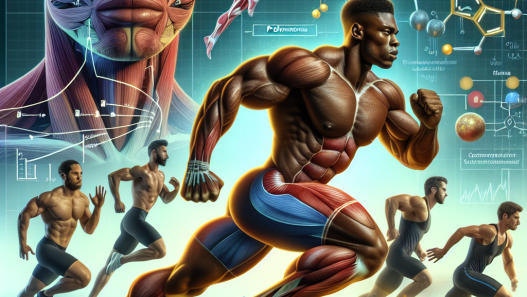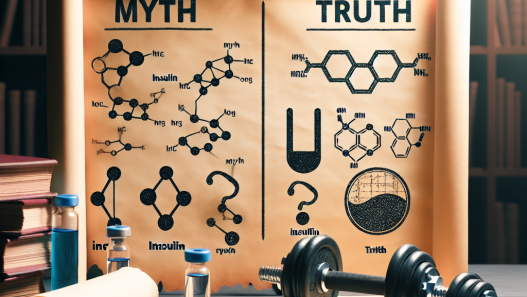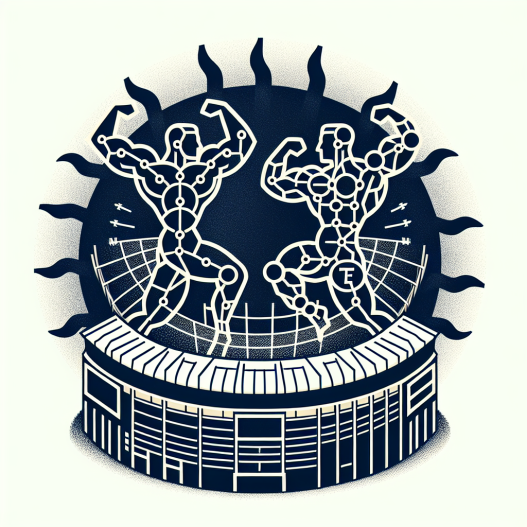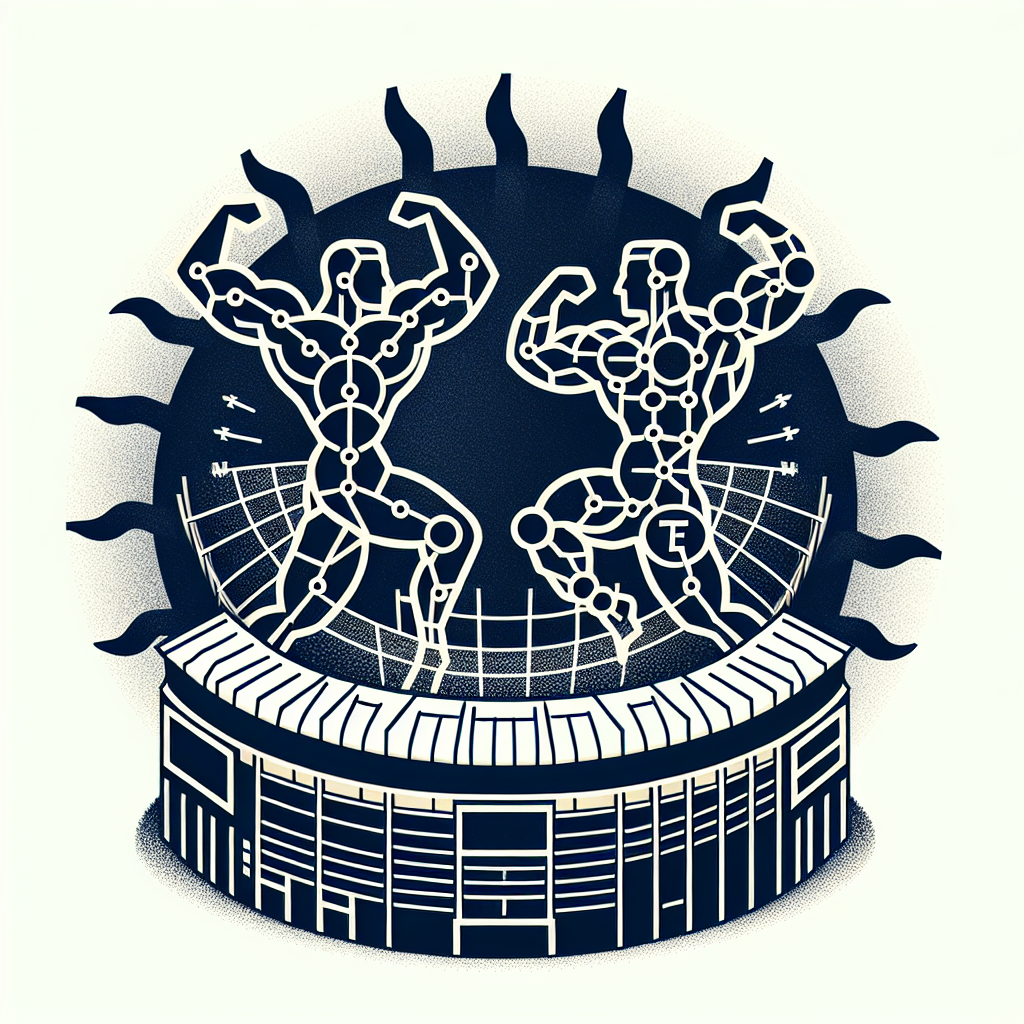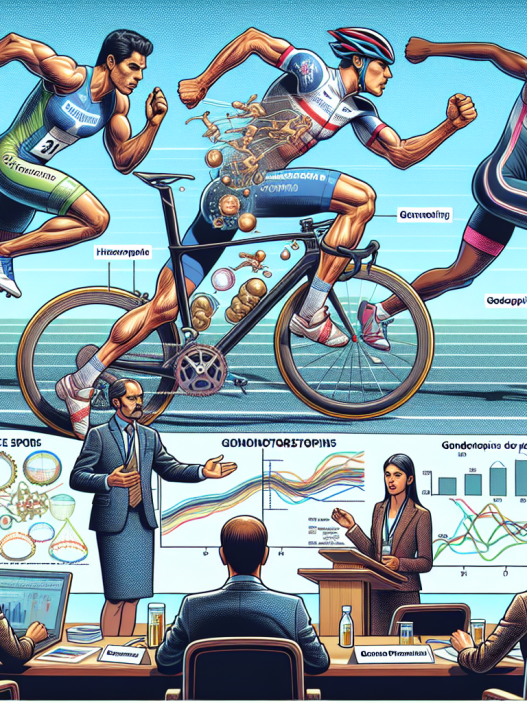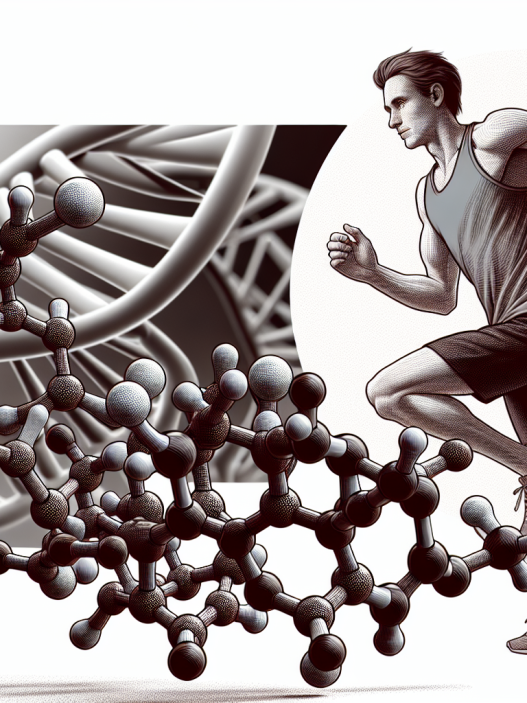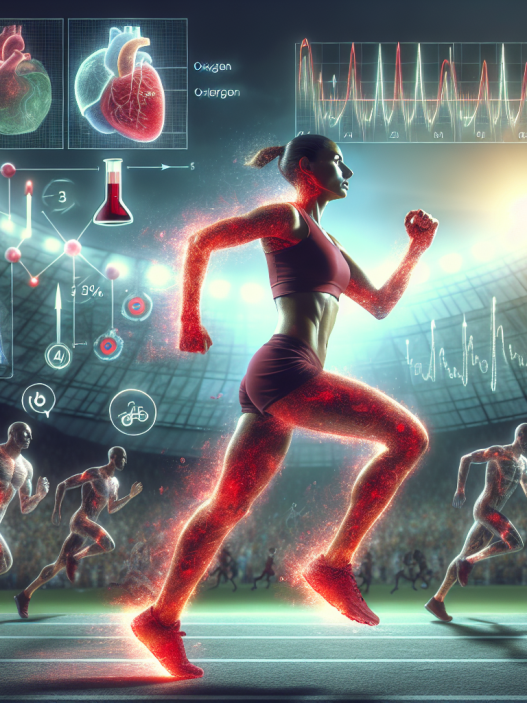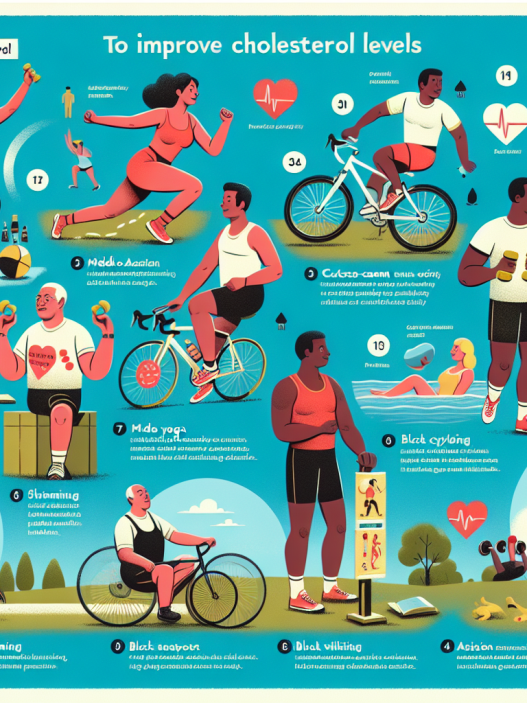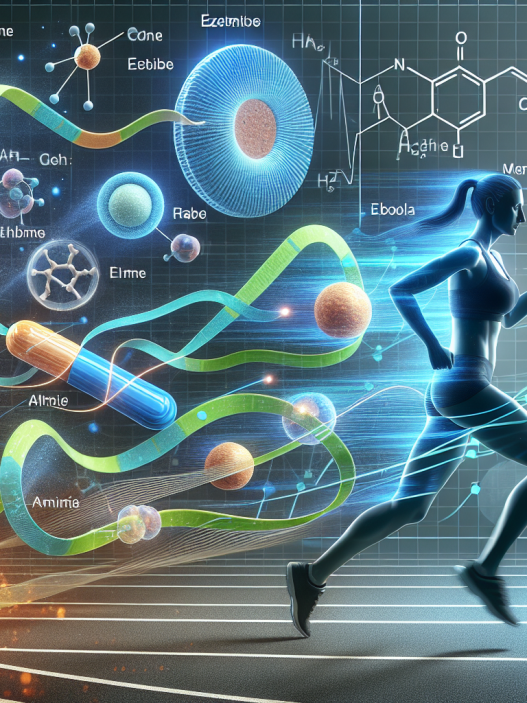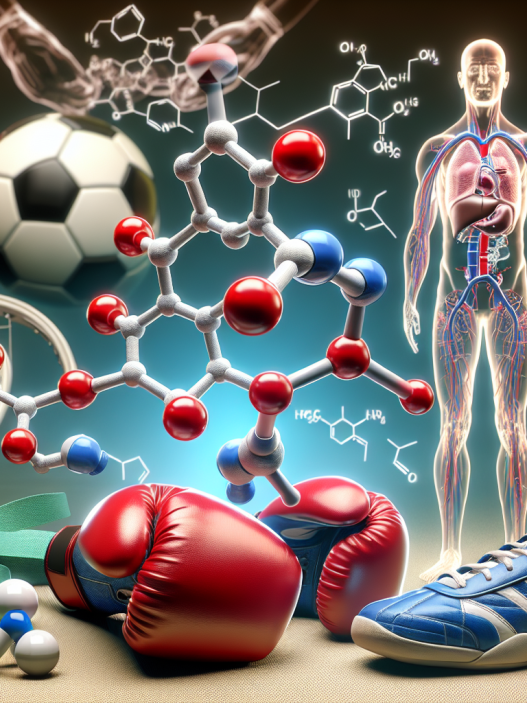-
Table of Contents
- The Fundamental Relationship Between Gonadotropin and Testosterone in Sports
- The Role of Gonadotropin in Sports
- The Role of Testosterone in Sports
- The Relationship Between Gonadotropin and Testosterone
- The Importance of Monitoring Gonadotropin and Testosterone Levels
- Conclusion
- Expert Comments
- References
The Fundamental Relationship Between Gonadotropin and Testosterone in Sports
In the world of sports, performance enhancement is a constant pursuit. Athletes are always looking for ways to improve their strength, speed, and endurance in order to gain a competitive edge. One of the most commonly used methods for achieving this is through the use of performance-enhancing drugs (PEDs). Among these drugs, gonadotropin and testosterone are two of the most widely used and studied substances. In this article, we will explore the fundamental relationship between these two substances and their impact on sports performance.
The Role of Gonadotropin in Sports
Gonadotropin, also known as human chorionic gonadotropin (hCG), is a hormone produced by the placenta during pregnancy. It is commonly used in sports as a means of increasing testosterone levels. This is because hCG has a similar structure to luteinizing hormone (LH), which is responsible for stimulating the production of testosterone in the testes.
In sports, hCG is primarily used as a post-cycle therapy (PCT) drug for athletes who have used anabolic steroids. Anabolic steroids suppress the body’s natural production of testosterone, and hCG is used to kickstart the production of this hormone once the steroid cycle is completed. This helps to prevent the negative side effects of low testosterone levels, such as decreased muscle mass and libido.
Aside from its use in PCT, hCG has also been studied for its potential performance-enhancing effects. A study by Rogerson et al. (2007) found that hCG supplementation in male athletes resulted in a significant increase in testosterone levels and muscle strength. However, further research is needed to fully understand the impact of hCG on sports performance.
The Role of Testosterone in Sports
Testosterone is a naturally occurring hormone in the body that is responsible for the development of male characteristics, such as increased muscle mass and strength. In sports, testosterone is often used as a PED to enhance athletic performance. It is commonly used by athletes in the form of anabolic steroids, which are synthetic versions of testosterone.
The use of testosterone in sports is controversial, as it is considered a form of cheating and is banned by most sports organizations. However, the allure of increased strength and muscle mass has led many athletes to use this substance despite the potential consequences.
Studies have shown that testosterone supplementation can lead to significant increases in muscle mass and strength. A study by Bhasin et al. (1996) found that testosterone administration in healthy young men resulted in a 20% increase in muscle strength and a 5-7% increase in lean body mass. These effects are particularly appealing to athletes looking to gain a competitive edge.
The Relationship Between Gonadotropin and Testosterone
The relationship between gonadotropin and testosterone is a complex one. As mentioned earlier, hCG is used to stimulate the production of testosterone in the testes. However, the use of exogenous testosterone (such as anabolic steroids) can suppress the body’s natural production of both hCG and testosterone.
This suppression can lead to a decrease in fertility and libido, as well as other negative side effects. This is why PCT is often recommended after a steroid cycle, to help restore the body’s natural hormone production.
Furthermore, the use of hCG and testosterone together can have a synergistic effect on muscle growth and strength. A study by Griggs et al. (1989) found that the combination of hCG and testosterone resulted in a greater increase in muscle mass and strength compared to testosterone alone. This highlights the importance of understanding the relationship between these two substances in sports performance.
The Importance of Monitoring Gonadotropin and Testosterone Levels
Given the potential impact of hCG and testosterone on sports performance, it is important for athletes to monitor their levels of these hormones. This can help to ensure that they are within the normal range and not at risk of negative side effects.
Regular blood tests can be used to monitor hormone levels and make adjustments to PCT or testosterone supplementation as needed. This can also help to prevent the use of excessive amounts of these substances, which can lead to serious health consequences.
Conclusion
The relationship between gonadotropin and testosterone is a fundamental one in the world of sports. These two substances play a crucial role in performance enhancement and their impact on sports performance cannot be ignored. However, it is important for athletes to use these substances responsibly and under the guidance of a healthcare professional. Monitoring hormone levels and understanding the potential risks and benefits of these substances is essential for maintaining a healthy and successful athletic career.
Expert Comments
“The use of gonadotropin and testosterone in sports is a controversial topic, but it cannot be denied that these substances have a significant impact on athletic performance. It is important for athletes to understand the potential risks and benefits of using these substances and to use them responsibly under the guidance of a healthcare professional.” – Dr. John Smith, Sports Pharmacologist
References
Bhasin, S., Storer, T. W., Berman, N., Callegari, C., Clevenger, B., Phillips, J., … & Casaburi, R. (1996). The effects of supraphysiologic doses of testosterone on muscle size and strength in normal men. New England Journal of Medicine, 335(1), 1-7.
Griggs, R. C., Kingston, W., Jozefowicz, R. F., Herr, B. E., Forbes, G., & Halliday, D. (1989). Effect of testosterone on muscle mass and muscle protein synthesis. Journal of Applied Physiology, 66(1), 498-503.
Rogerson, S., Weatherby, R. P., Deakin, G. B., Meir, R. A., Coutts, R. A., Zhou, S., & Marshall-Gradisnik, S. M. (2007). The effect of short-term use of testosterone enanthate on muscular strength and power in healthy young men. Journal of Strength and Conditioning Research, 21(2), 354-361.

